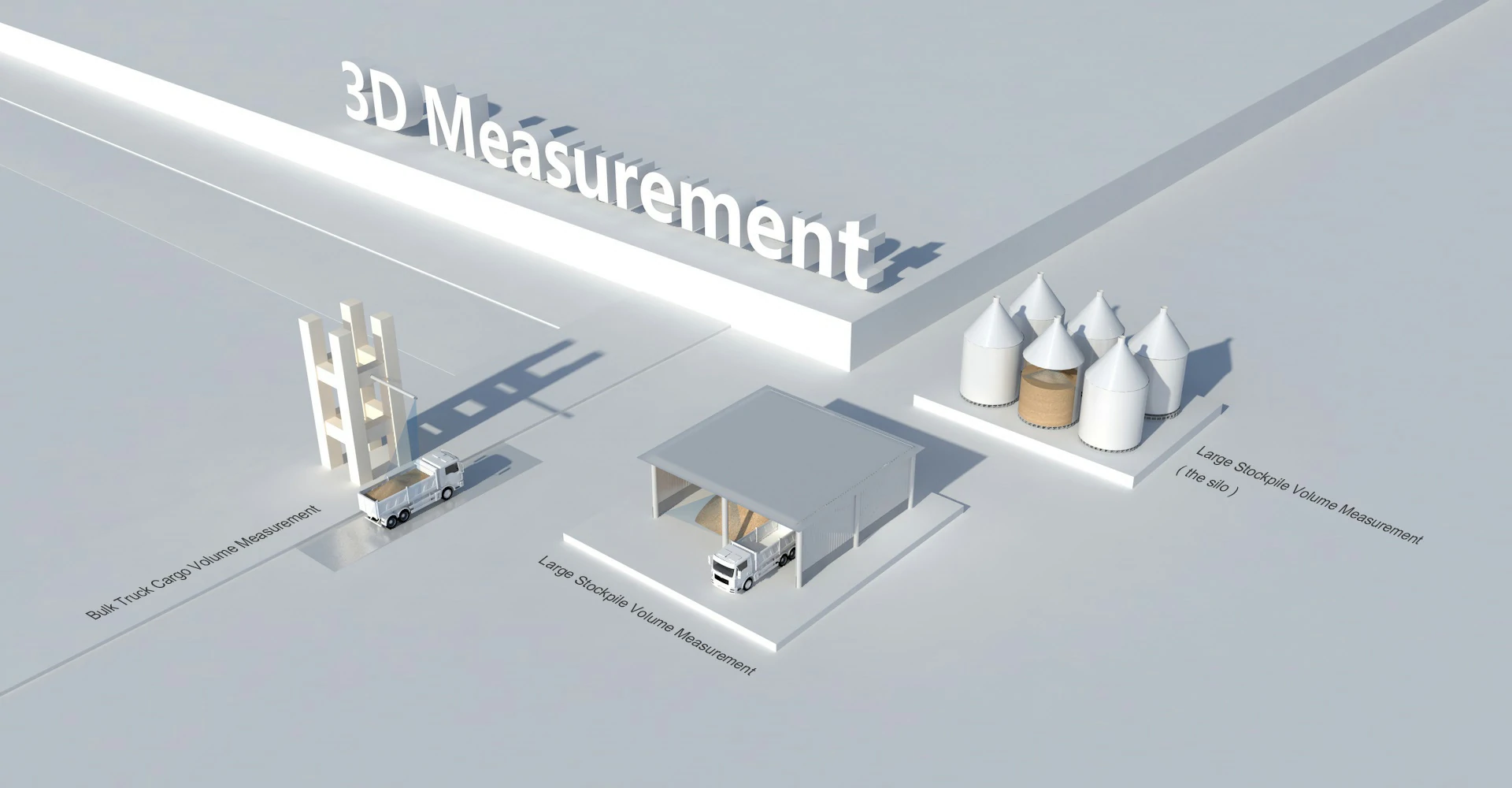
What is MOBILE LIDAR
Mobile LiDAR, or Light Detection and Ranging, is a technology that uses laser beams to measure distances and create detailed 3D maps of the surrounding environment. Unlike traditional LiDAR systems that are stationary, mobile LiDAR systems are mounted on vehicles such as cars, trucks, or drones to capture data while moving. This allows for efficient and rapid data collection over large areas, making it ideal for applications such as urban planning, transportation infrastructure management, and environmental monitoring. In summary, mobile LiDAR is a powerful tool that enables accurate and high-resolution mapping of landscapes and structures from a moving platform.
The Main Technology in MOBILE LIDAR
Mobile LiDAR technology is a cutting-edge system that utilizes laser scanning and GPS technology to rapidly collect highly accurate 3D data of the surrounding environment. This technology involves mounting LiDAR sensors on vehicles such as cars, trucks, or drones to capture detailed point cloud data of roads, buildings, vegetation, and other features. The main advantage of mobile LiDAR is its ability to quickly and efficiently survey large areas while maintaining high levels of precision. This data can be used for various applications such as urban planning, infrastructure development, and environmental monitoring. In summary, mobile LiDAR technology revolutionizes the way we gather spatial information by providing fast, accurate, and comprehensive data collection capabilities.


Applications of MOBILE LIDAR
Mobile LiDAR technology has revolutionized various industries by providing accurate and detailed 3D mapping data in a quick and efficient manner. One of the key applications of mobile LiDAR is in transportation infrastructure management, where it is used for road and highway surveys, asset inventory, and pavement analysis. Additionally, mobile LiDAR is widely utilized in urban planning and development projects for creating digital twins of cities, monitoring construction progress, and assessing environmental impacts. The technology is also employed in forestry and agriculture for forest inventory, crop monitoring, and precision farming practices. Overall, mobile LiDAR offers a versatile solution for a wide range of industries seeking precise and comprehensive spatial data for decision-making and planning purposes. Brief answer: Mobile LiDAR technology is applied in transportation infrastructure management, urban planning, forestry, agriculture, and various other industries for accurate 3D mapping and data collection purposes.
Benefits of MOBILE LIDAR
Mobile LiDAR technology offers numerous benefits in various industries. One of the key advantages is its ability to quickly and accurately capture detailed 3D data of large areas, such as roadways, infrastructure, and landscapes. This data can be used for a wide range of applications, including urban planning, asset management, environmental monitoring, and disaster response. Mobile LiDAR also allows for efficient data collection without disrupting traffic flow or requiring road closures, making it a cost-effective solution for surveying and mapping projects. Additionally, the high level of detail and precision provided by mobile LiDAR enables better decision-making, improved project planning, and enhanced safety measures. Overall, the benefits of mobile LiDAR technology make it an invaluable tool for organizations looking to streamline their data collection processes and gain valuable insights into their surroundings.

LiDAR in Construction Monitoring
Neuvition's Titan series LiDAR sensors offer high-precision 3D scanning capabilities
ideal for construction site monitoring. The Titan M1 series, with its long-range and
high-resolution features, can capture detailed site data for accurate progress tracking
and volumetric measurements.
Neuvition LiDAR Products Overview

Titan S2
Specialized for specific industrial uses.
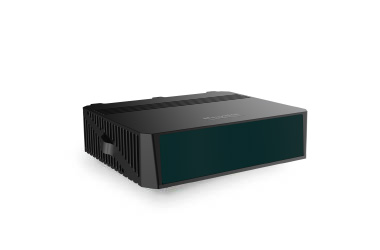
NeuX1
Next-generation LiDAR technology with enhanced capabilities.
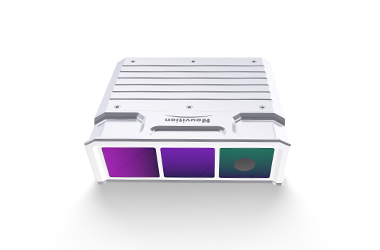
Titan M1 Series
Long-range, high-resolution LiDAR sensors for various applications.

Titan W1
Designed for wide-angle scanning in challenging environments.
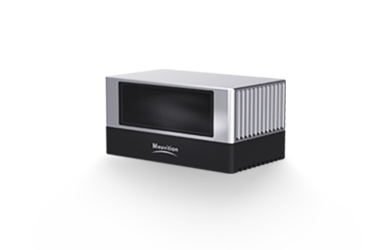
Titan P1
Compact and versatile for mobile and robotics applications.
Neuvition LiDAR Products Overview
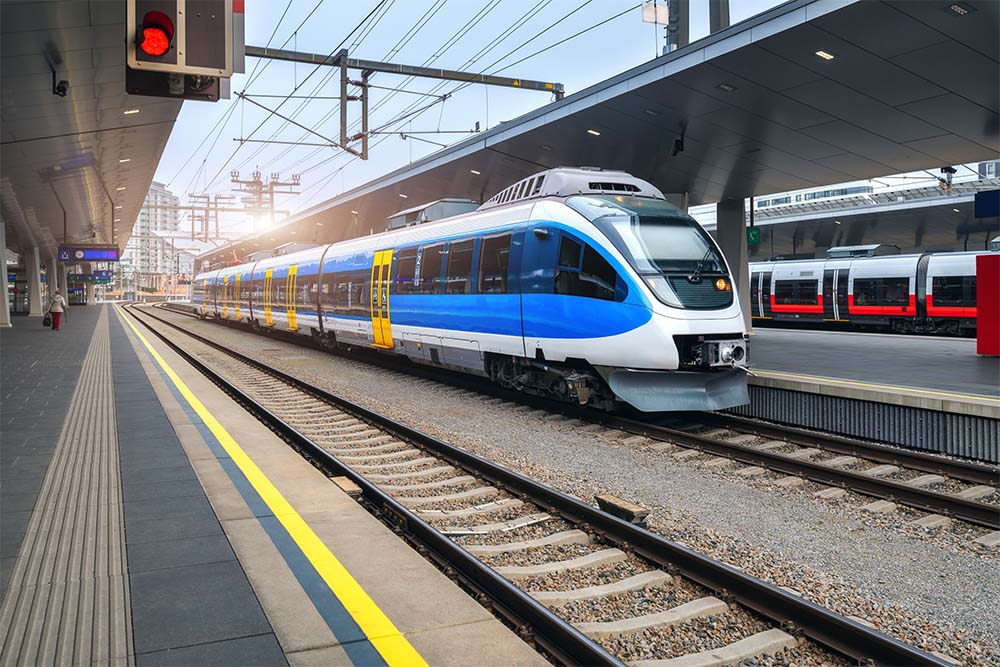
Railway Collision Avoidance
Enhancing safety in rail transportation.
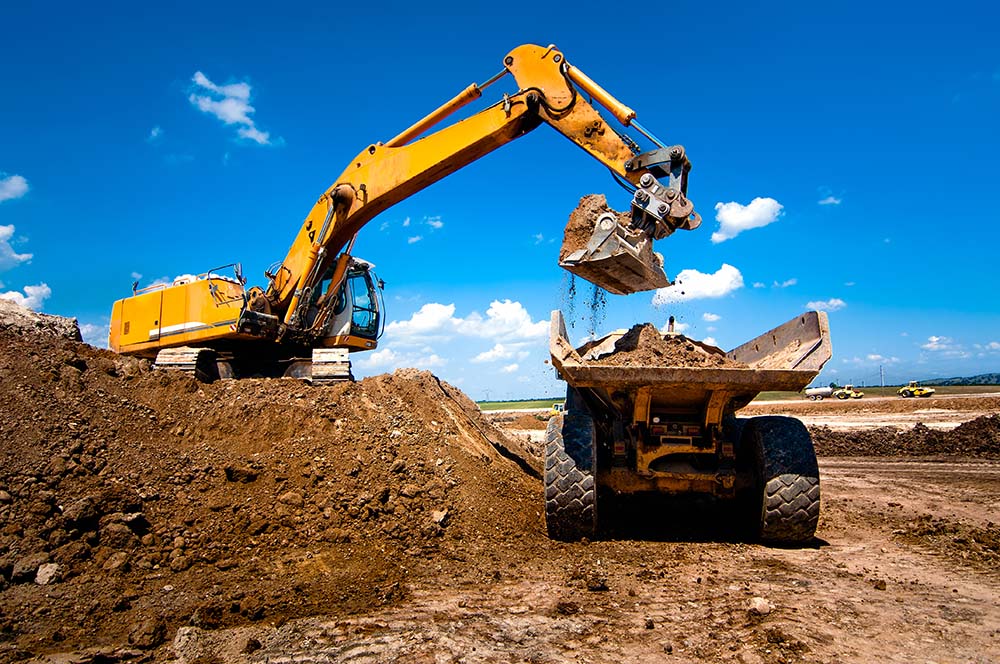
Volume Measurement
Accurate 3D volume calculations for industries like mining and construction.
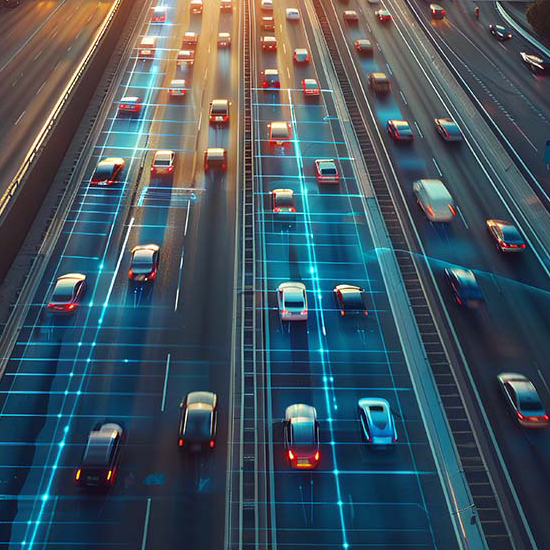
Smart Highway
Improving road safety and traffic management.
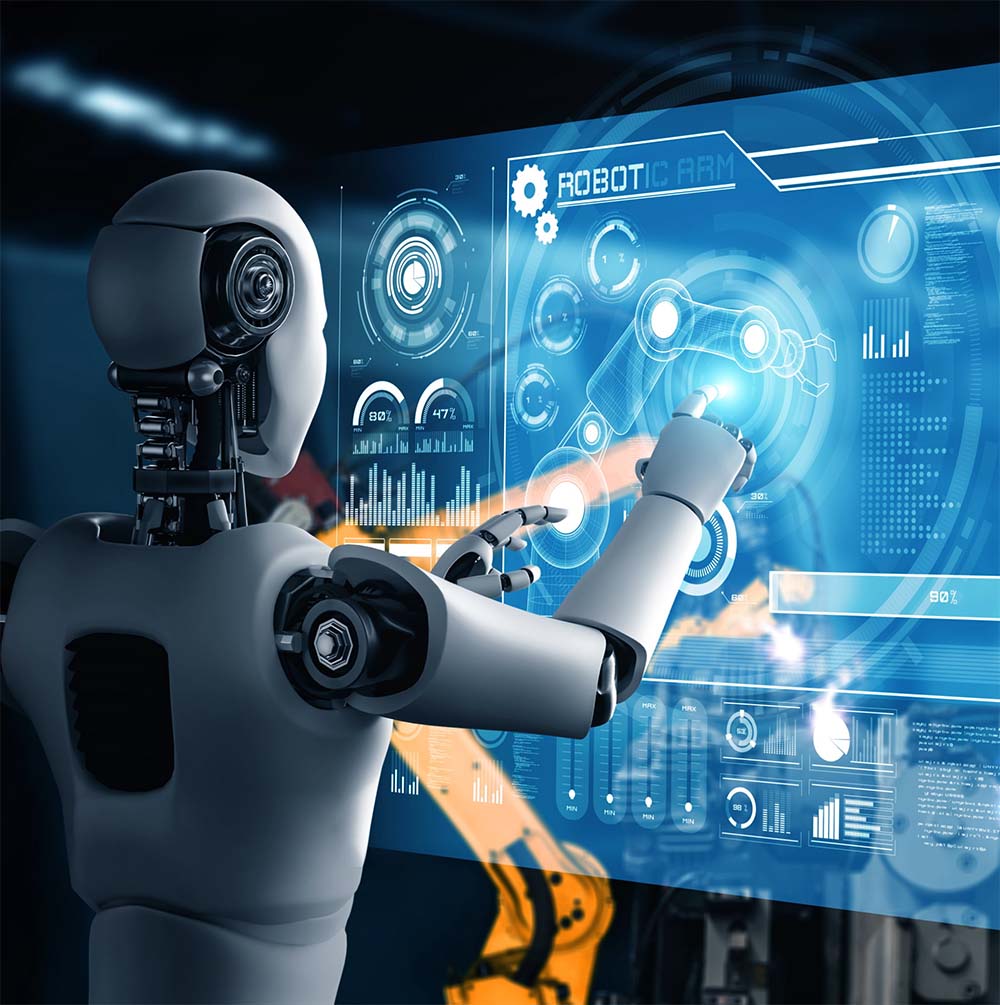
Robotics
Enabling precise navigation and object detection for autonomous robots.
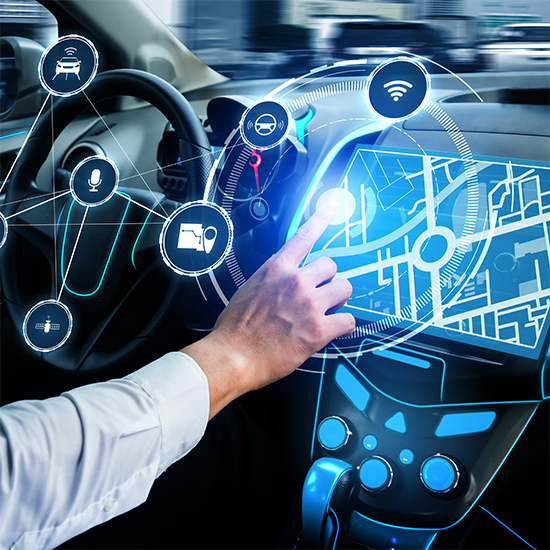
Autonomous Driving
Advanced sensing for self-driving vehicles.
Application Areas of LiDAR
Benefits of Using LiDAR

High accuracy and
precision in 3D mapping

Real-time data
collection and processing

Ability to penetrate vegetation
and capture ground topography

Efficient large-scale
surveying and mapping

Enhanced safety in
autonomous systems

Improved decision-making
with detailed spatial information
Software Solutions for LiDAR
Neuvition provides software solutions to complement its hardware, including point cloud processing and analysis
tools, real-time visualization software, a data integration platform for enterprise applications, and customized
algorithms tailored to specific industry needs.

Success Stories
MetroInnovate Urban Solutions improved traffic flow by 15% after implementing Neuvition's Smart Highway system. Emily Parker, the Director of Smart City Development, played a key role in deploying this system to enhance urban traffic management and reduce congestion.

BuildMaster Construction reduced project timelines by 20% using Neuvition's LiDAR-based site monitoring solution. Michael Thompson, the COO, led the adoption of this technology, focusing on improving efficiency and project management.

DeepCore Mining increased excavation efficiency by 25% with Neuvition's volume measurement solution. Robert Lin, the Head of Operations, was instrumental in integrating this technology to optimize resource extraction and operational productivity.

FAQ












Contact Us
If you have any questions or suggestions, please leave a message, we will get in touch with you within 24 hours!
